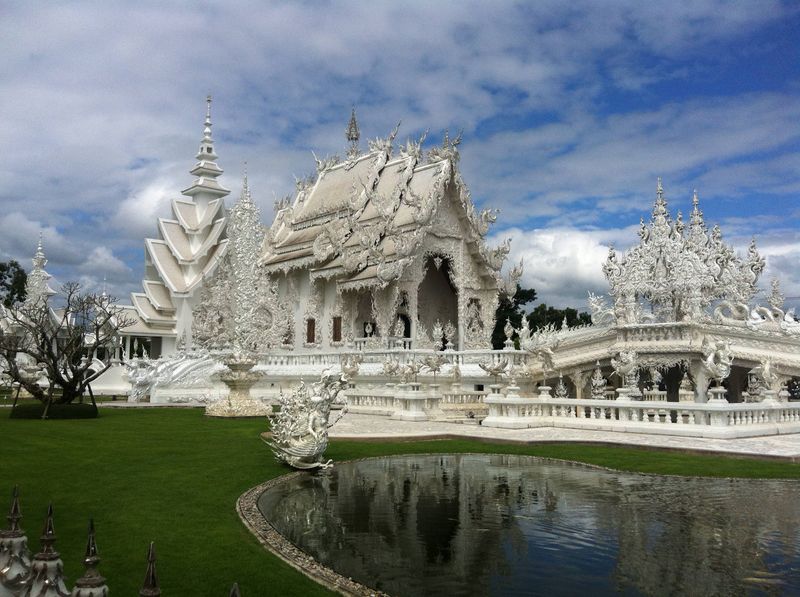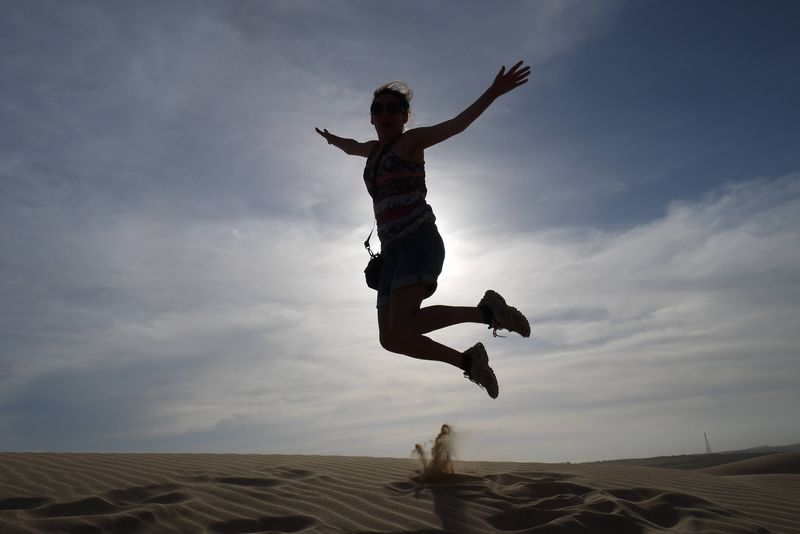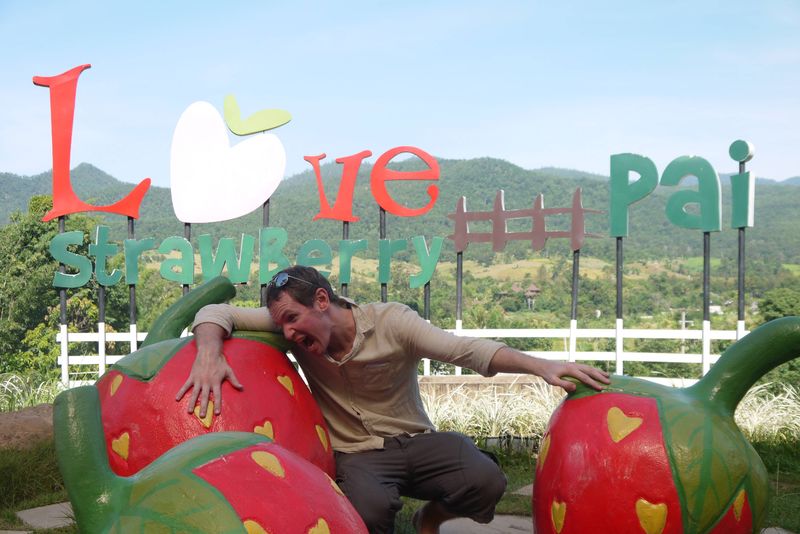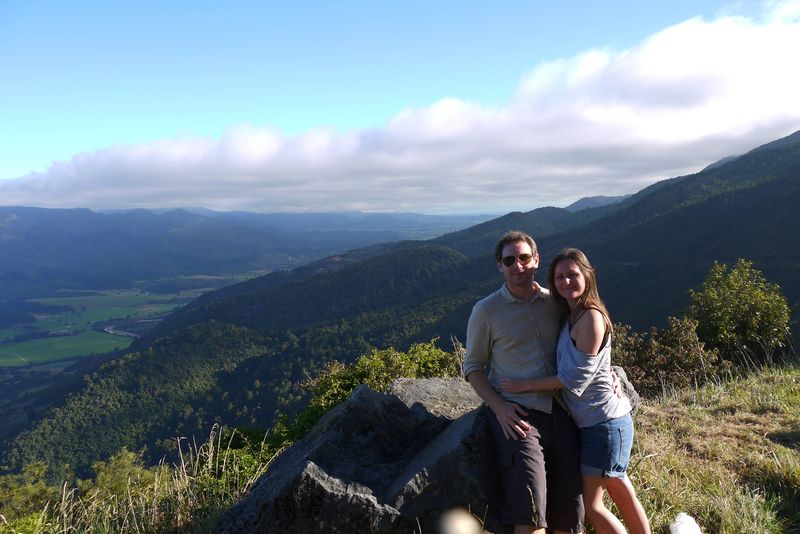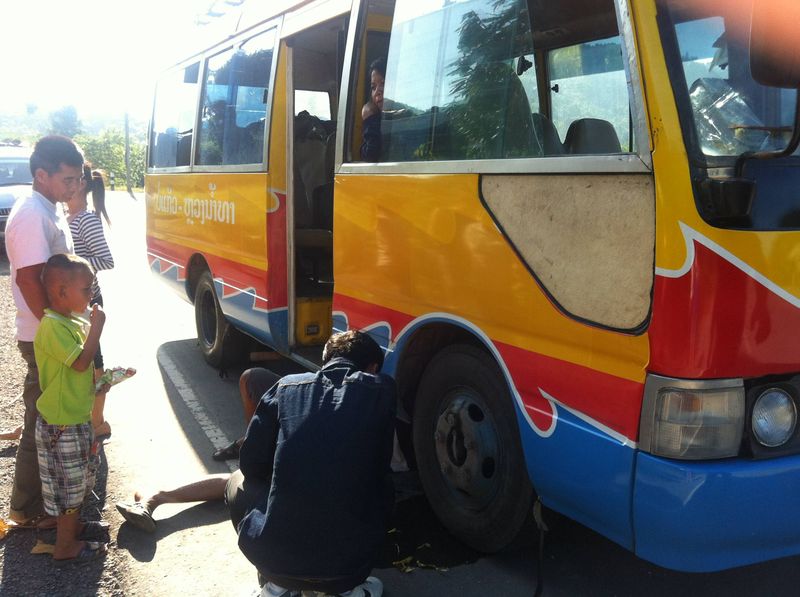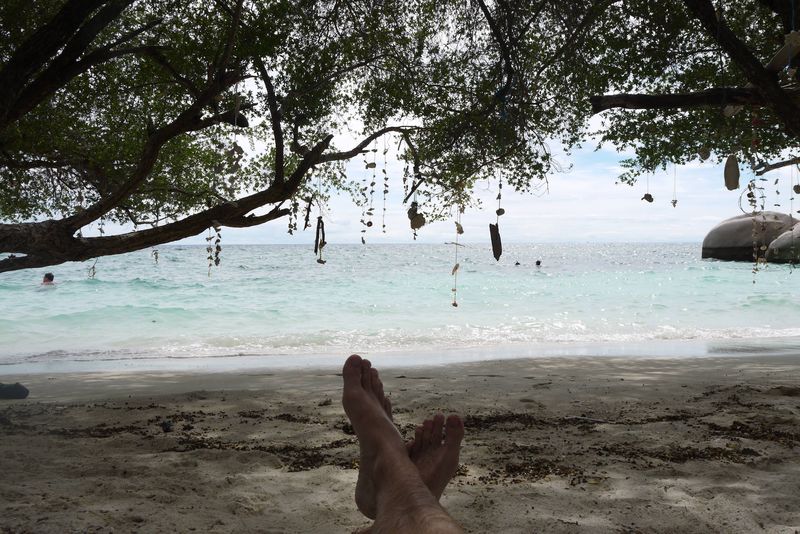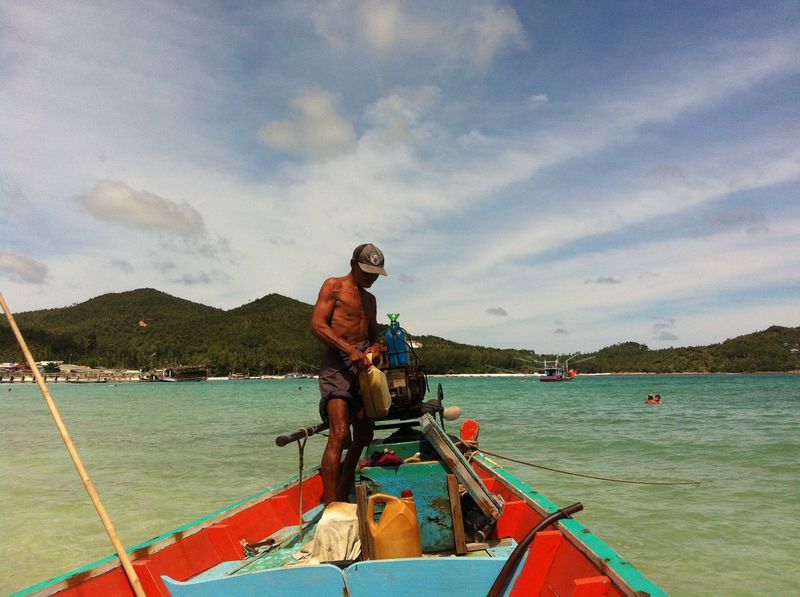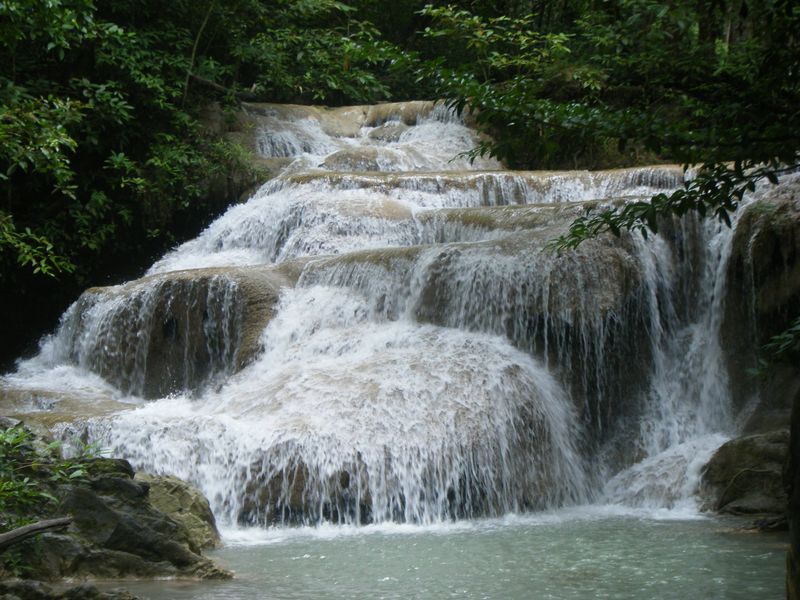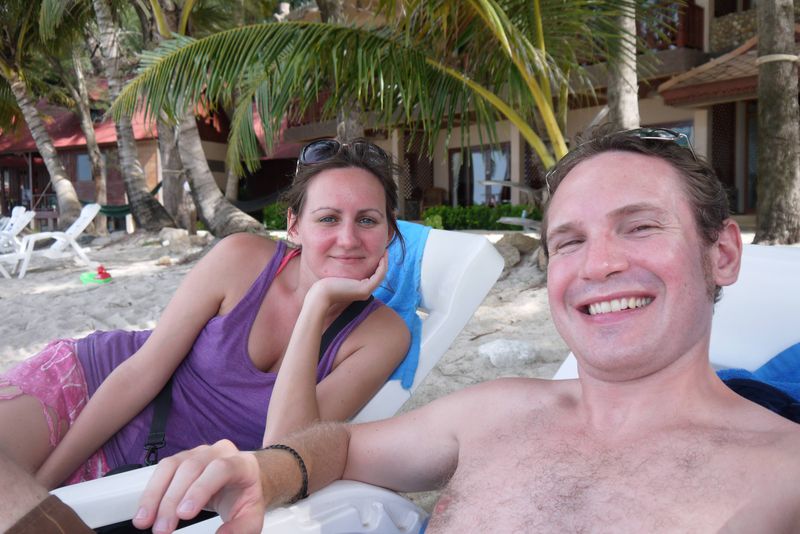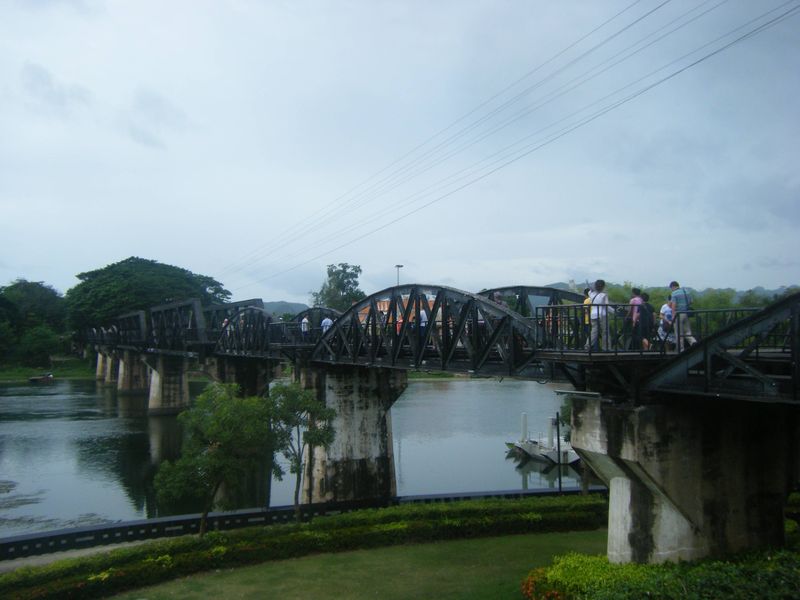Chiang Rai – More Than Meets the Eye
For me, first impressions really count and I often know within minutes of arriving in a new place whether I’m going to love or hate it. Take Melbourne for instance, Sagada or Luang Prabang - I fell for them all instantly, whereas I had an immediate and profound dislike for Jakarta. Usually it’s hard to shake my initial feelings about a place so after a wobbly start I was surprised to find that Chiang Rai in Thailand really grew on me. 07 January, 2014 / 13 Comments





